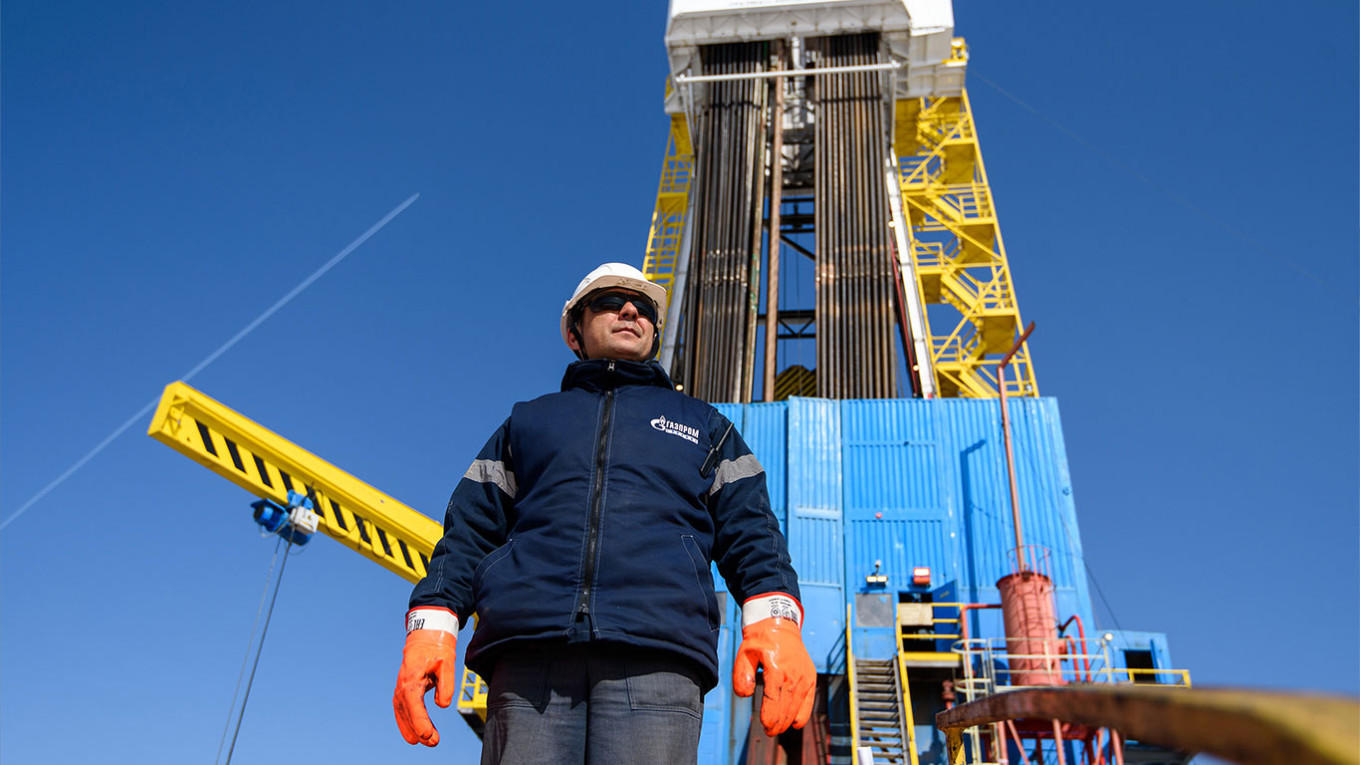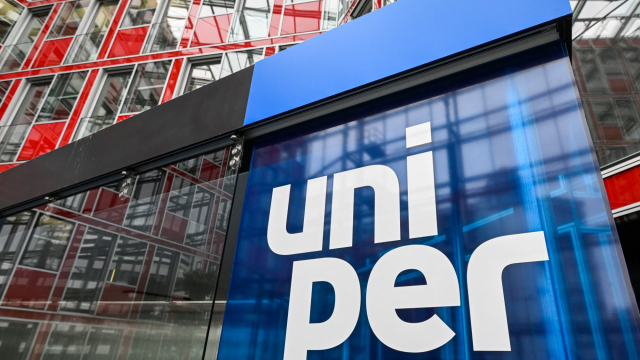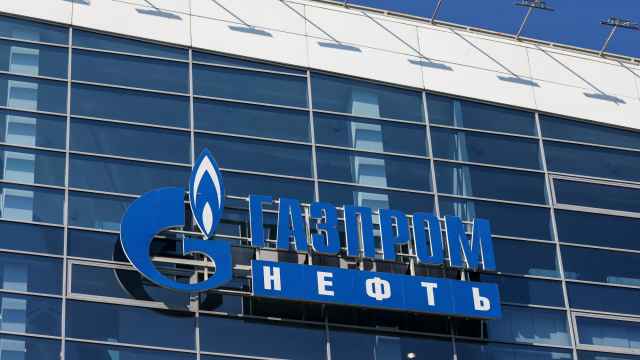Russia's state-owned energy giant Gazprom is blaming cuts in gas deliveries to Europe on "force majeure," two major German customers said on Tuesday, adding to fears about further disruptions.
"We confirm that we have received a letter from Gazprom Export claiming force majeure retroactively for past and current gas supply shortfalls," said Uniper, one of Germany's biggest importers of Russian gas.
Fellow German energy giant RWE told AFP it had received a similar letter from Gazprom but declined to comment further.
Force majeure is a legal measure allowing companies to free themselves from contractual obligations in light of circumstances beyond their control.
"We do not believe this is justified and have formally rejected the force majeure claim," a Uniper spokesman told AFP.
Bloomberg News said Gazprom's letter was dated July 14 and the force majeure claim was being applied from a month earlier.
Gazprom has cut flows to Germany via the vital Nord Stream 1 pipeline by some 60% in recent weeks, blaming the absence of a Siemens gas turbine that was undergoing repairs in Canada.
The repaired turbine is currently understood to be en route to Russia, according to German media.
The German government has rejected Gazprom's turbine explanation and believes Russia is squeezing supplies in retaliation for Western sanctions on Moscow over its invasion of Ukraine.
The Nord Stream 1 pipeline under the Baltic Sea has been shut down since July 11 to undergo annual maintenance.
It is due to reopen at 04:00 GMT on Thursday but Germany fears Russia will seize the opportunity to simply keep the taps closed, plunging the continent into an energy crisis.
A Message from The Moscow Times:
Dear readers,
We are facing unprecedented challenges. Russia's Prosecutor General's Office has designated The Moscow Times as an "undesirable" organization, criminalizing our work and putting our staff at risk of prosecution. This follows our earlier unjust labeling as a "foreign agent."
These actions are direct attempts to silence independent journalism in Russia. The authorities claim our work "discredits the decisions of the Russian leadership." We see things differently: we strive to provide accurate, unbiased reporting on Russia.
We, the journalists of The Moscow Times, refuse to be silenced. But to continue our work, we need your help.
Your support, no matter how small, makes a world of difference. If you can, please support us monthly starting from just $2. It's quick to set up, and every contribution makes a significant impact.
By supporting The Moscow Times, you're defending open, independent journalism in the face of repression. Thank you for standing with us.
Remind me later.






